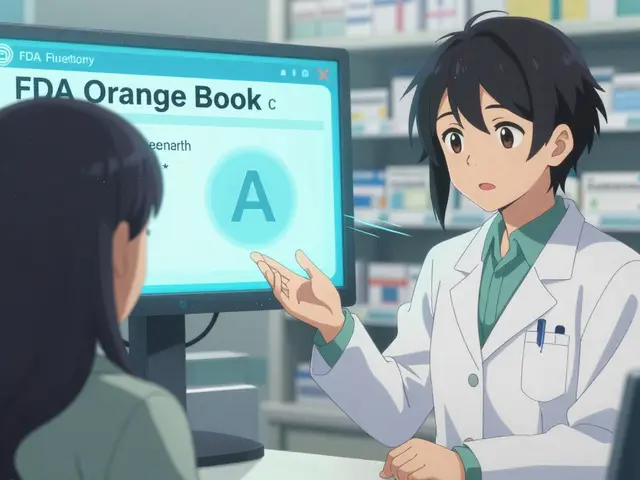Proton Pump Inhibitors: What They're Used For and How They Work
If you've ever dealt with acid reflux, ulcers, or heartburn, there's a good chance you've heard about proton pump inhibitors (PPIs). These medications are commonly prescribed to reduce stomach acid and provide relief from uncomfortable symptoms. But what exactly do they do? Simply put, PPIs block the pump in your stomach lining responsible for acid production. This helps lower acid levels, letting irritated tissues heal.
People use PPIs for various reasons. They treat conditions like gastroesophageal reflux disease (GERD), stomach ulcers, and Zollinger-Ellison syndrome. If you've had frequent heartburn or persistent indigestion, your doctor might recommend a PPI. They are quite effective at controlling symptoms quickly and usually help improve your quality of life.
What You Should Know About Safety and Side Effects
Like any medication, PPIs come with some risks and consider safety when using them. Common side effects include headaches, nausea, and sometimes diarrhea. These usually go away after a short time. However, long-term use of PPIs has raised some concerns. Studies have suggested a possible link to nutrient deficiencies, especially magnesium and vitamin B12, since acid is important for their absorption.
Another thing to watch out for is increased risk of infections, like stomach bugs or pneumonia. Acid normally helps kill harmful bacteria, so lowering acid for extended periods could let more bacteria survive. That’s why doctors often suggest using PPIs only as long as needed and at the lowest effective dose.
Tips for Using Proton Pump Inhibitors Wisely
If your doctor prescribes a PPI, take it exactly as directed. Don't stop suddenly without checking because your symptoms might flare up. Sometimes, doctors recommend tapering the dose gradually. Pairing medication with simple lifestyle changes can make a big difference too. For example, avoid eating late at night, reduce spicy and fatty foods, and keep a healthy weight.
Always talk to your healthcare provider if you notice new symptoms or if the medication doesn’t seem to be working. And if you’re buying meds online, make sure the pharmacy is reliable and safe. Proton pump inhibitors are powerful medicines, and using them the right way can help you get lasting relief without unnecessary risks.
Remember, your gut health is key to feeling good every day. With the right balance of treatment and care, acid-related troubles can become manageable, not a daily hassle.

Prevacid: Uses, Side Effects, and Real-World Tips for Acid Reflux Relief
Prevacid is a common heartburn remedy, but there's more to this pill than many realize. This article breaks down what prevacid is, how it works, safety tips, and practical advice for those dealing with acid reflux. Get realistic, trustworthy facts on what to expect from prevacid, how it compares to other options, and everyday ways to make it more effective. Real talk, real data, and real answers—all designed for regular people, not science buffs.
Continue Reading



